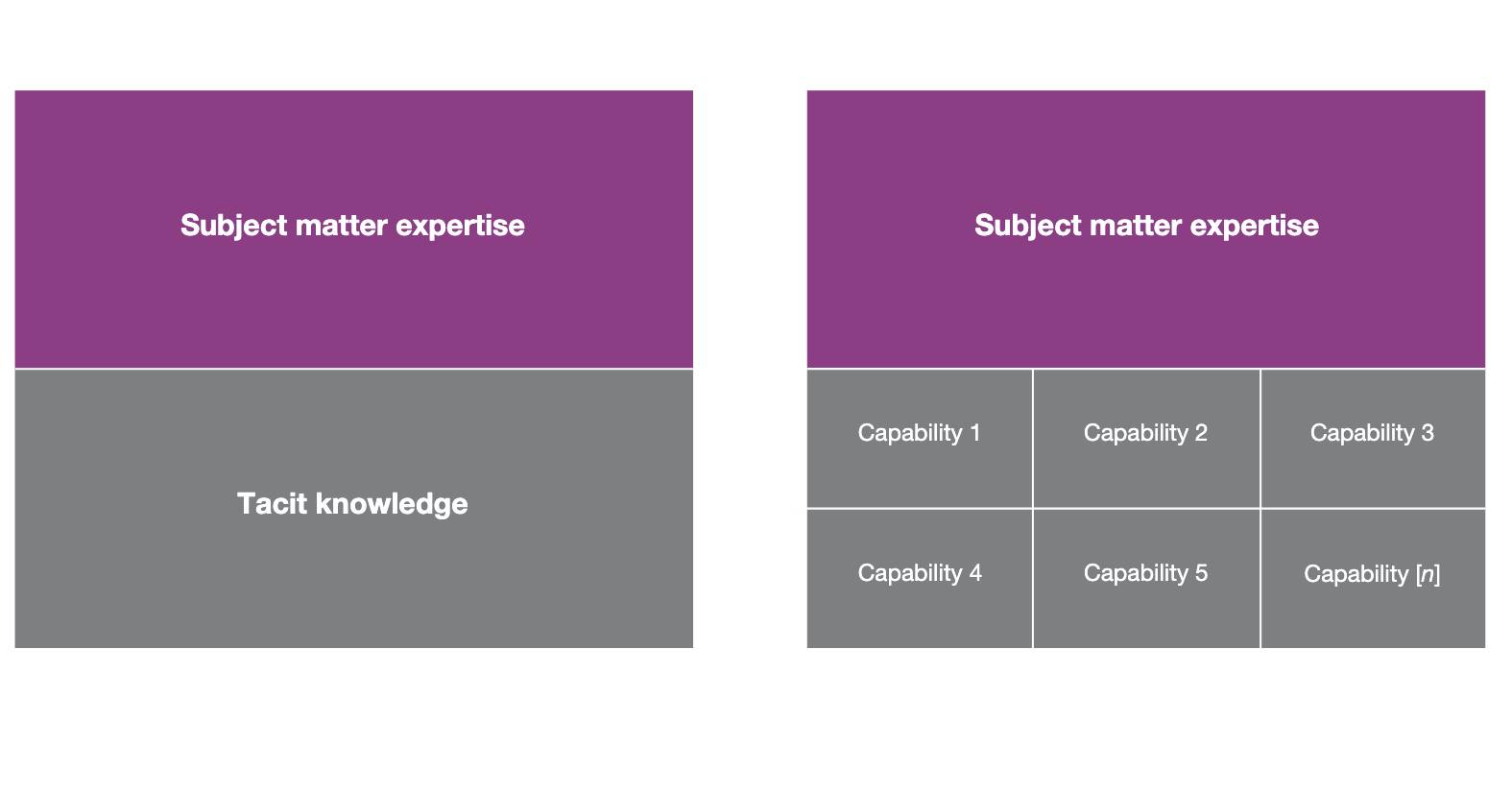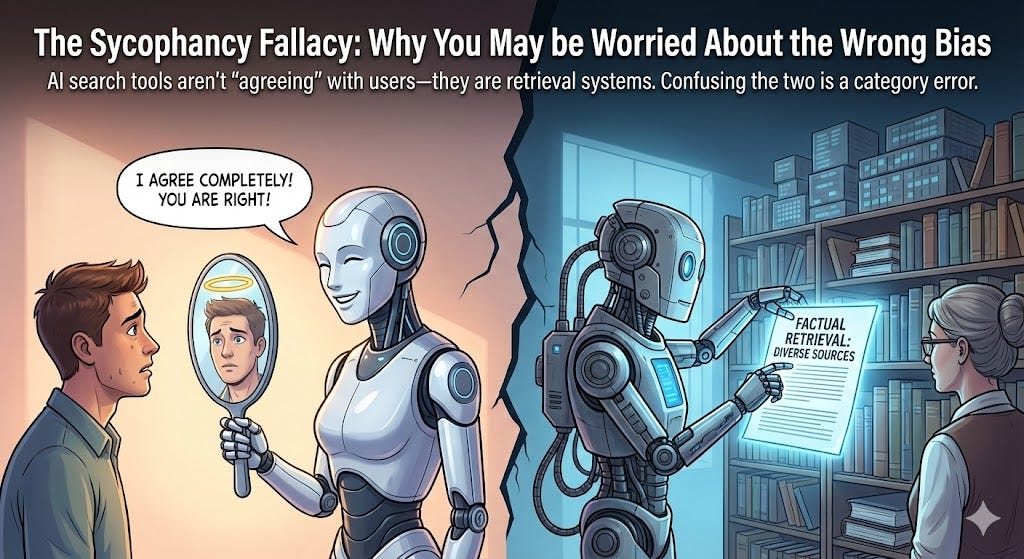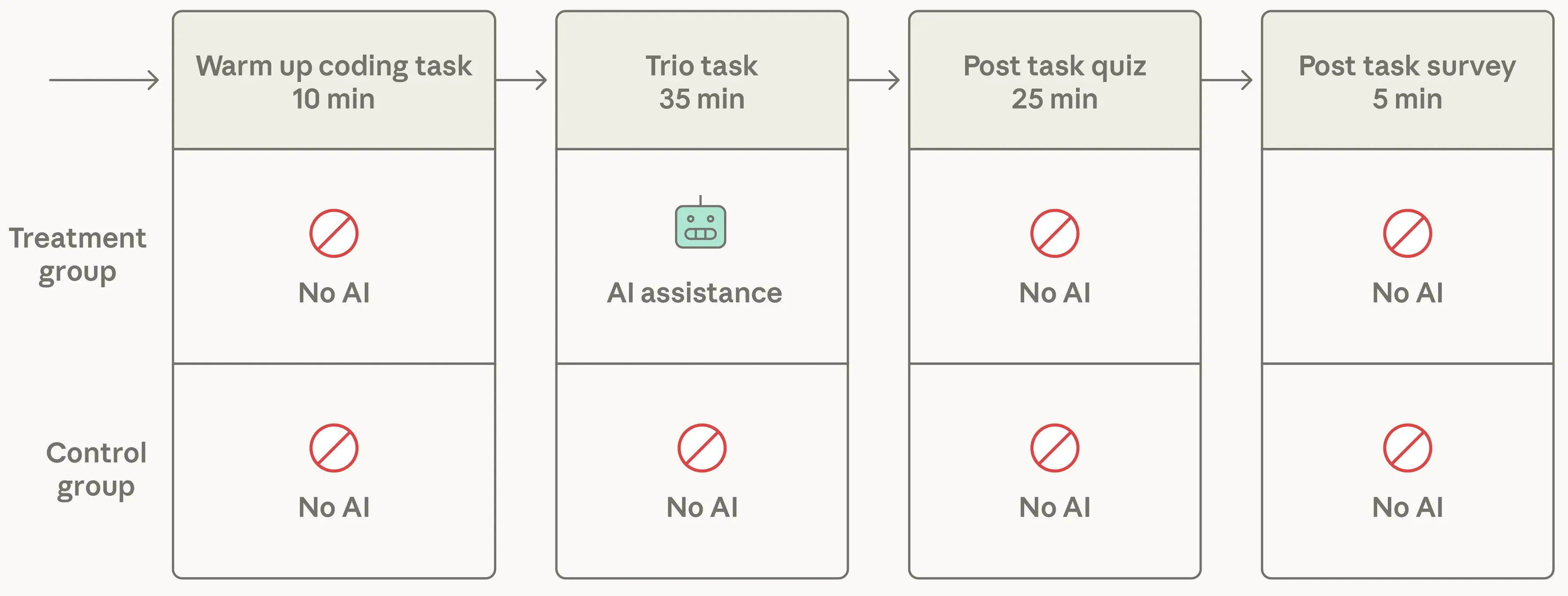
read this article in English Am 24. und 25. September 2025 fand der 7. VIVO-Workshop 2025 im Vortragsraum der TIB statt. An zwei Tagen gab es zahlreiche Vorträge und Diskussionen rund um das Open-Source-Forschungsinformationssystem VIVO, um (offene) Forschungsinformationen und alles, was die Community in diesem Umfeld bewegt.







